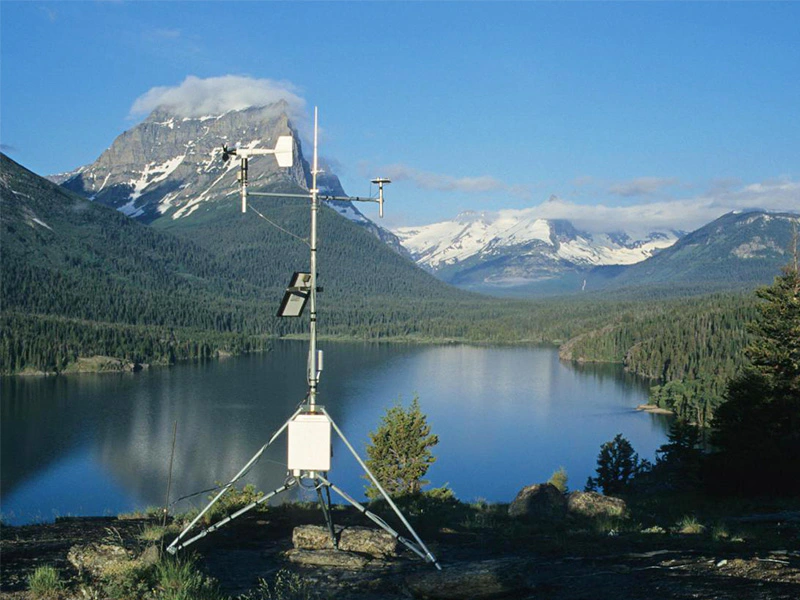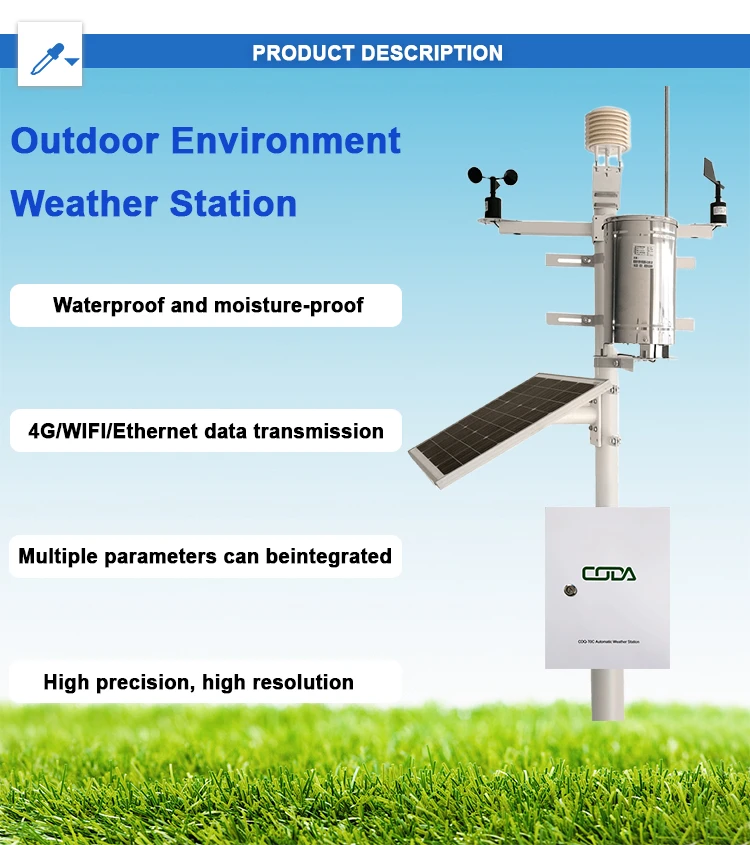
# Meteorological Station: Definition and Functions
## What is a Meteorological Station?
A meteorological station, also known as a weather station, is a facility equipped with instruments and devices designed to measure and record various atmospheric conditions. These stations play a crucial role in weather forecasting, climate research, and environmental monitoring by collecting data on temperature, humidity, wind speed and direction, atmospheric pressure, precipitation, and other weather-related parameters.
## Key Components of a Meteorological Station
Modern meteorological stations typically include several essential instruments:
- Thermometer: Measures air temperature
- Hygrometer: Measures humidity levels
- Anemometer: Measures wind speed
- Wind vane: Determines wind direction
- Barometer: Measures atmospheric pressure
- Rain gauge: Measures precipitation amounts
- Pyranometer: Measures solar radiation
## Functions of Meteorological Stations
Weather Monitoring and Forecasting
The primary function of meteorological stations is to continuously monitor weather conditions. The collected data is used by meteorologists to analyze current weather patterns and predict future conditions, helping communities prepare for severe weather events.
Climate Research
Long-term data from meteorological stations contributes to climate studies, helping scientists understand climate patterns, detect changes, and assess the impact of human activities on the environment.
Agricultural Applications
Farmers and agricultural experts use weather station data to make informed decisions about planting, irrigation, and harvesting, optimizing crop yields and resource management.
Aviation Safety
Airports maintain meteorological stations to provide pilots with accurate weather information crucial for flight planning and safety.
Hydrological Monitoring
Data from weather stations helps in flood prediction, water resource management, and drought monitoring.
## Types of Meteorological Stations
Meteorological stations vary in complexity and purpose:
- Synoptic stations: Provide comprehensive weather observations at regular intervals
- Automatic weather stations (AWS): Operate without human intervention, transmitting data automatically
- Agricultural weather stations: Specialized for farming needs
- Marine weather stations: Located on buoys or ships to monitor oceanic conditions
- Upper-air stations: Use radiosondes to measure atmospheric conditions at various altitudes
## The Importance of Meteorological Data
The information gathered by meteorological stations is vital for numerous sectors including transportation, energy, construction, and emergency management. Accurate weather data helps mitigate risks associated with extreme weather events, supports economic activities, and contributes to scientific understanding of our planet’s climate system.
As technology advances, meteorological stations are becoming more sophisticated, with many now featuring remote sensing capabilities, automated data collection, and real-time transmission of information to central databases for analysis and dissemination.
Keyword: what is meteorological station


